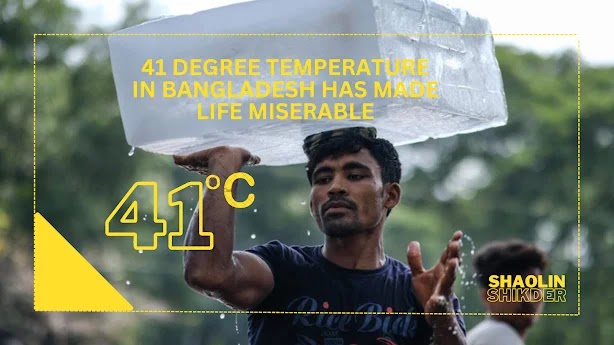As of my last knowledge update in January 2022, social norms in Bangladesh have evolved over time, and there are both positive and negative aspects to consider when assessing whether they are better in the present than in the past. It's important to note that social norms are complex, multifaceted, and subject to change, influenced by various factors, including cultural, economic, and political forces. Here are some of the pros and cons of the changing social norms in Bangladesh:
Pros:
Gender Equality: In recent years, there has been progress in promoting gender equality and women's rights. Laws and policies have been enacted to address issues like child marriage, domestic violence, and harassment. There is a growing recognition of the importance of women's participation in various sectors, including politics and the workforce.
Education: Bangladesh has made significant strides in improving access to education. Enrollment rates have increased, and initiatives have been taken to enhance the quality of education. Education is seen as a pathway to socioeconomic development.
Healthcare: Efforts to improve healthcare services have led to reductions in maternal and child mortality rates. Initiatives such as immunization campaigns and family planning services have contributed to better health outcomes.
Economic Progress: Bangladesh has experienced economic growth and a reduction in poverty rates. Social norms that encourage entrepreneurship and participation in the global economy have led to economic opportunities for many.
Cultural Diversity: Bangladesh's rich cultural heritage and diverse traditions are celebrated, promoting cultural exchange and understanding. This cultural diversity is seen as an asset that enriches the nation's identity.
Cons:
Persistent Gender Inequality: Despite progress, gender inequality still exists. Traditional norms and practices, such as dowry and early marriage, continue to affect women's rights and opportunities.
Inequality and Poverty: Income inequality remains a challenge, with a significant portion of the population living in poverty. Access to basic services and opportunities is not uniform across all segments of society.
Political Instability: Periodic political instability has affected governance and development efforts. These disruptions can hinder social progress.
Environmental Challenges: Rapid urbanization and industrial growth have led to environmental issues, including pollution and deforestation. These issues can have adverse effects on public health and well-being.
Cultural Norms: While cultural diversity is celebrated, some cultural norms may be restrictive, particularly with regard to issues like freedom of expression, inter-caste or inter-religious marriages, and individual rights.
It's important to recognize that the assessment of social norms is a complex matter, and change takes time. The impact of social norms can vary from one region to another and among different communities within Bangladesh. Additionally, the assessment of whether social norms are "better" or "worse" can be subjective, influenced by individual perspectives and priorities. The ongoing efforts to address challenges and promote positive change in social norms in Bangladesh are essential for the country's continued development and progress.







